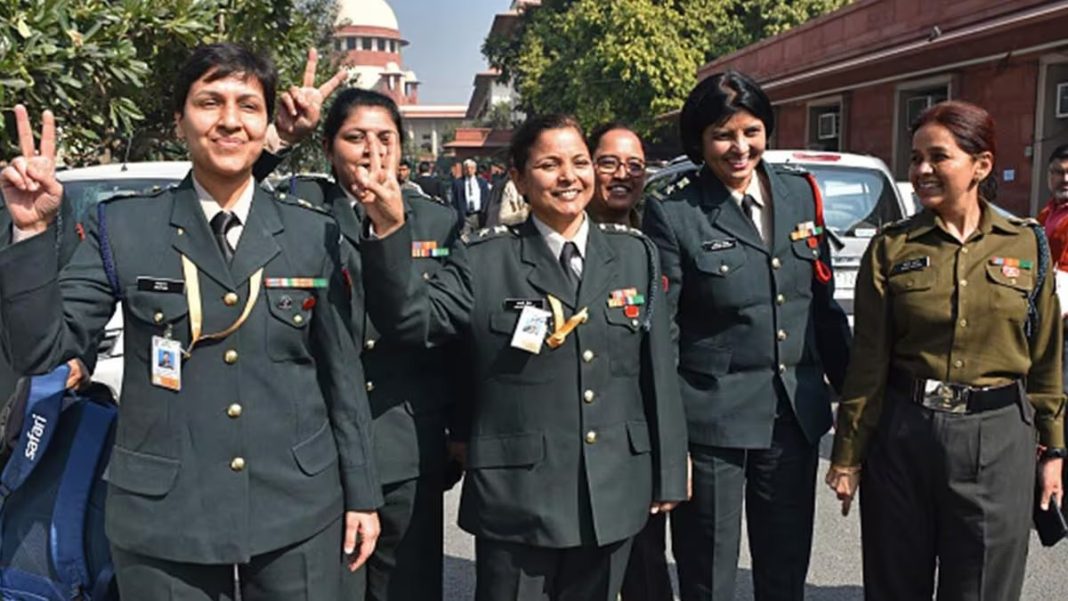In a candid assessment of the integration of women Commanding Officers (COs) within the Army, a top officer has raised several critical issues that have emerged from his observations over the past year. Lieutenant General Rajeev Puri, the outgoing Corps Commander of the 17 Corps, conveyed these concerns in a detailed letter to the General Officer Commanding-in-Chief of the Eastern Command.
The letter, dated October 1, 2024, marks a pivotal moment in an ongoing discussion about the Army’s commitment to promoting women into leadership positions following a landmark Supreme Court ruling in 2023. This ruling allowed for the assignment of 108 women officers to command roles outside the medical stream for the first time in history. However, Lt Gen Puri’s feedback has prompted significant dialogue among military personnel and defense analysts regarding the challenges that accompany these integration efforts.
One of the principal observations made by Lt Gen Puri centered on interpersonal challenges faced by women COs. The report highlighted a notable increase in officer management issues under their leadership, revealing a lack of sensitivity towards both their officers and subordinates. The analysis criticized the approach of conflict resolution, suggesting that it tended to lean towards authoritarian methods rather than fostering mutual understanding and resolution.
The letter also pointed out what Lt Gen Puri described as an “exaggerated tendency to complain” among women COs. He noted that minor grievances were often escalated directly to senior commanders without being adequately addressed at the unit level, suggesting an underlying issue with human resource management in those units.
Additionally, the report critiqued the centralized leadership style adopted by some women COs, which reportedly alienated junior officers and company commanders. Lt Gen Puri described this leadership approach as a “my way or the highway” mentality, leading to an erosion of trust within the ranks.
Serious concerns were raised regarding perceptions of entitlement and ego issues, with the report noting instances in which women COs sought personal privileges and placed their comfort ahead of the needs of their units. This behavior, although deemed rare among their male counterparts, appeared disproportionately in units led by women.
Another key criticism highlighted the lack of empathy demonstrated by some women COs, who were said to make harsh decisions and display insensitivity to compassionate requests from their troops. This lack of balance in leadership might have stemmed from efforts to counter existing gender stereotypes, according to the report.
Furthermore, the letter urged attention to a tendency among women COs to overcompensate in their leadership styles, adopting rigid approaches potentially aimed at proving their capabilities in a male-dominated environment. Lt Gen Puri also criticized the celebration of minor achievements among women COs as a practice that could distort leadership dynamics and foster a dependency on validation.
To address these challenges, Lt Gen Puri proposed several recommendations aimed at enhancing the effectiveness and integration of women in leadership roles within the Army. He called for a gender-neutral approach to postings and selections, along with improved training programs for instructors to ensure unbiased assessments of officers. Additionally, he suggested revisiting spouse coordination policies to better align them with compassionate considerations, as well as discouraging tokenistic displays of women officers in empowerment roles.
These observations and recommendations have amplified discussions within military circles about both the potential and pitfalls of integrating women leaders, underscoring the need for ongoing evaluation and adjustment of policies aimed at fostering an inclusive environment in the Army.





